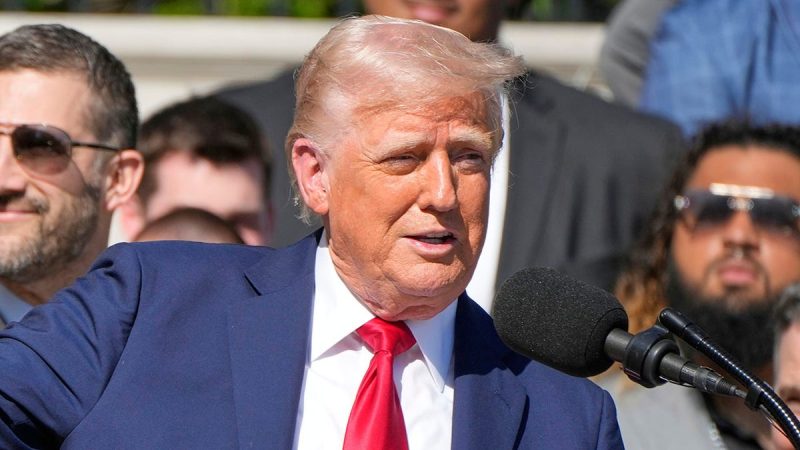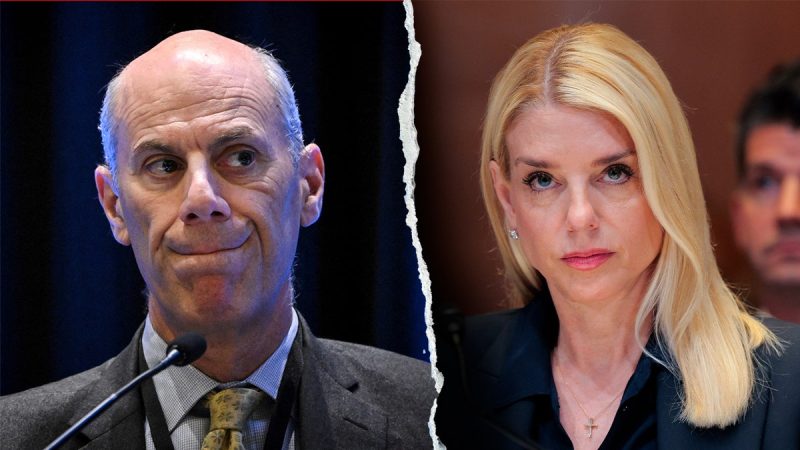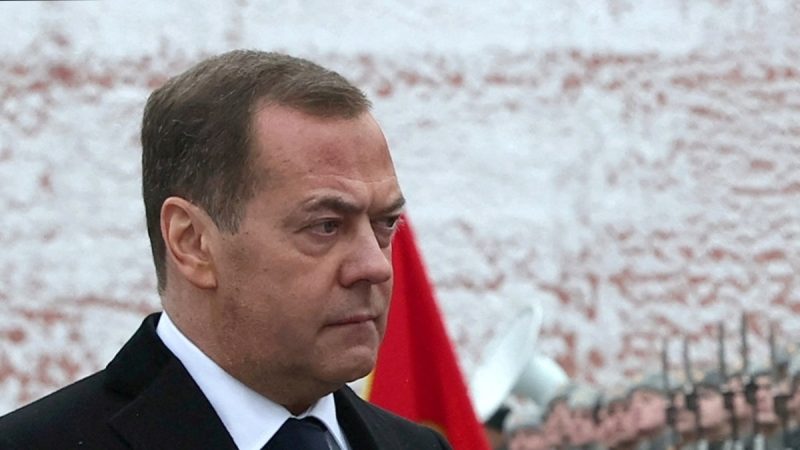
President Donald Trump addressed the ongoing hunger crisis in Gaza on Monday in Scotland, where he addressed the urgency of getting food into the enclave immediately, while doing it safely and securely.
‘The United States recently, just a couple of weeks ago, we gave $60 million … No other nation gave money,’ as he urged other nations ‘to step up.’
$30 million in U.S. contributions to Gaza have been channeled through the U.S.- and Israeli-backed Gaza Humanitarian Foundation.
Since the Gaza Humanitarian Foundation (GHF) began its operations on May 27, the organization has partnered with local Palestinian aid workers and non-governmental organizations to deliver 97 million meals to date to Gazans.
GHF spokesperson Chapin Fay told Fox News Digital that GHF ‘has one exclusive mission: to feed the people of Gaza in a way that prevents Hamas from being able to steal or loot or divert the aid.’ In addition to having ‘zero diversion,’ Fay said GHF has ‘put [aid] directly into the hands of the people who need it the most.’
What is GHF providing the local population?
At its four distribution sites in Gaza, it provides boxes of aid sufficient to provide 2,400 daily calories for 5.5 people over a total of 3.5 days. GHF’s sites are able to distribute, on average, 2 million total meals per day.
Fay said GHF has also started a potato pilot program which has seen ‘hundreds of tons of potatoes’ delivered into Gaza.
Another new pilot program in association with local Gazan NGO Al-Amal has allowed GHF to deliver 2,000 boxes of food to families in Gaza. Fay said that GHF is in the process of scaling up the operation, vetting hundreds of inquiries received since the program’s announcement and working on establishing additional local NGO partnerships.
Attacks on GHF’s aid model
The U.N. has lambasted GHF’s distributions, with the United Nations Relief and Works Agency (UNRWA) Commissioner-General Philippe Lazzarini calling the organization an ‘abomination’ that ‘provides nothing but starvation and gunfire to the people of Gaza.’
Though media headlines are thick with accusations of violence at GHF sites, Fay said that the reality of GHF distributions ‘is almost the opposite of what you read about, what you see on TV.’
Though he admitted that ‘there’s some chaos when thousands of desperate, hungry people are trying to get aid,’ he claims that only two violent incidents have transpired at GHF distributions. A stampede and a grenade attack that harmed two American veteran employees were ‘Hamas-fomented terrorist attacks,’ he said.
The U.N. and many NGOs have also opposed GHF’s use of armed security to protect aid-seekers. However, U.N. data shows that only 8% of U.N. aid had reached its destination without being looted in the last 10 weeks, according to a Reuters report.
Fay says that GHF is ready and willing to provide security support for U.N. aid. ‘We need to stop pretending that there’s only one way to get aid into Gaza,’ he explained.
GHF’s adaptations and improvements on the ground
As GHF continues to assist Gazans, Fay says the organization has ‘adapt[ed] in a dynamic environment, and our distributions seem to be going more smoothly every day.’
New adaptations include a red-light, green-light system to indicate whether distribution sites are open and a suggestion from aid-seekers. GHF has also added more shelf-stable onions to its aid boxes.
Fay said that workers are also holding back some aid to ensure that women and children receive needed assistance. Because of this change, Fay says he recently ‘saw women leaving and smiling at our personnel with their onions on their way home.’
GHF is set to deliver its 100 millionth meal to Gazans later this week.
Reuters contributed to this report.



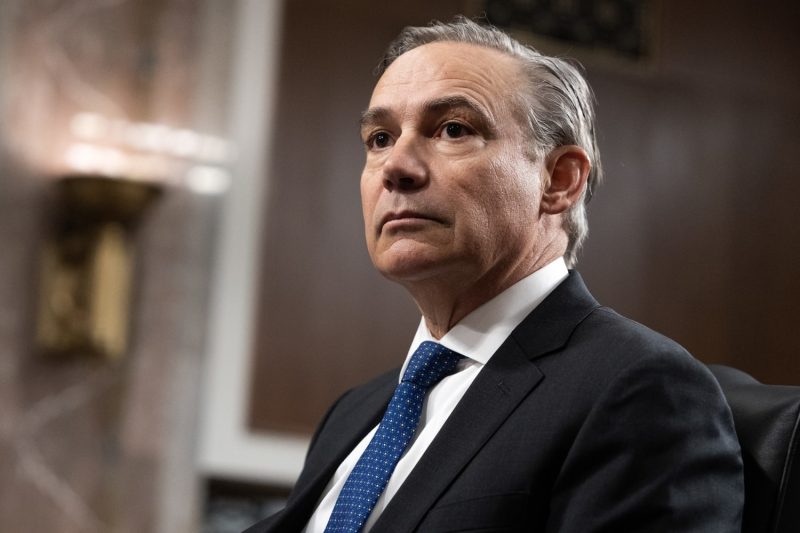

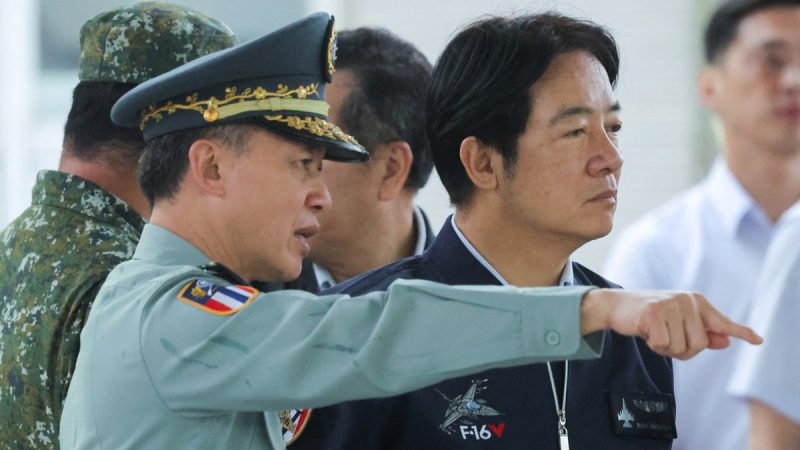


 Piche Resources (PR2:AU) has announced Appointment of Managing Director
Piche Resources (PR2:AU) has announced Appointment of Managing Director

 Blackstone Minerals (BSX:AU) has announced Blackstone Secures New Diamond Drill Rig to Advance Mankayan
Blackstone Minerals (BSX:AU) has announced Blackstone Secures New Diamond Drill Rig to Advance Mankayan
